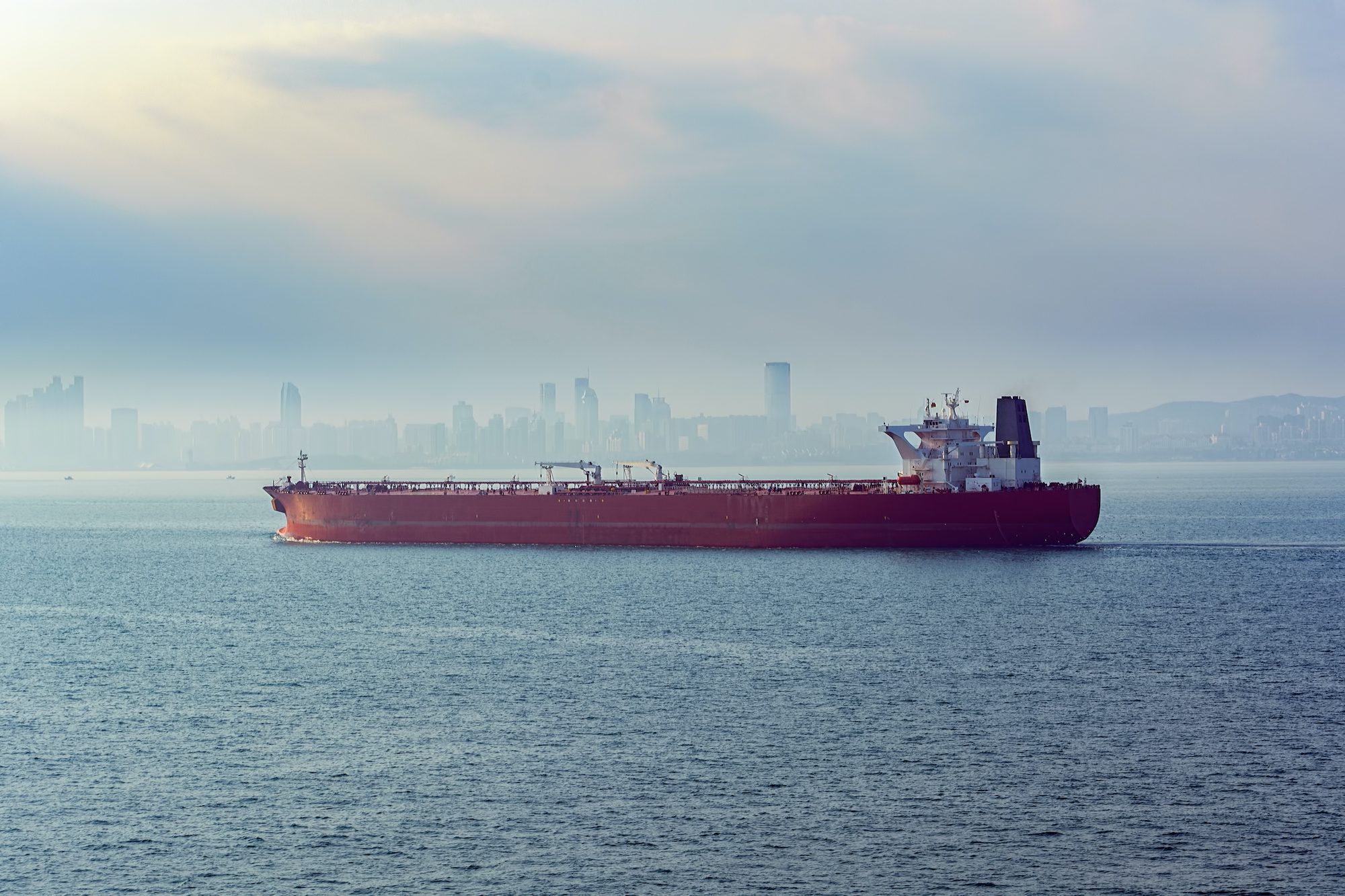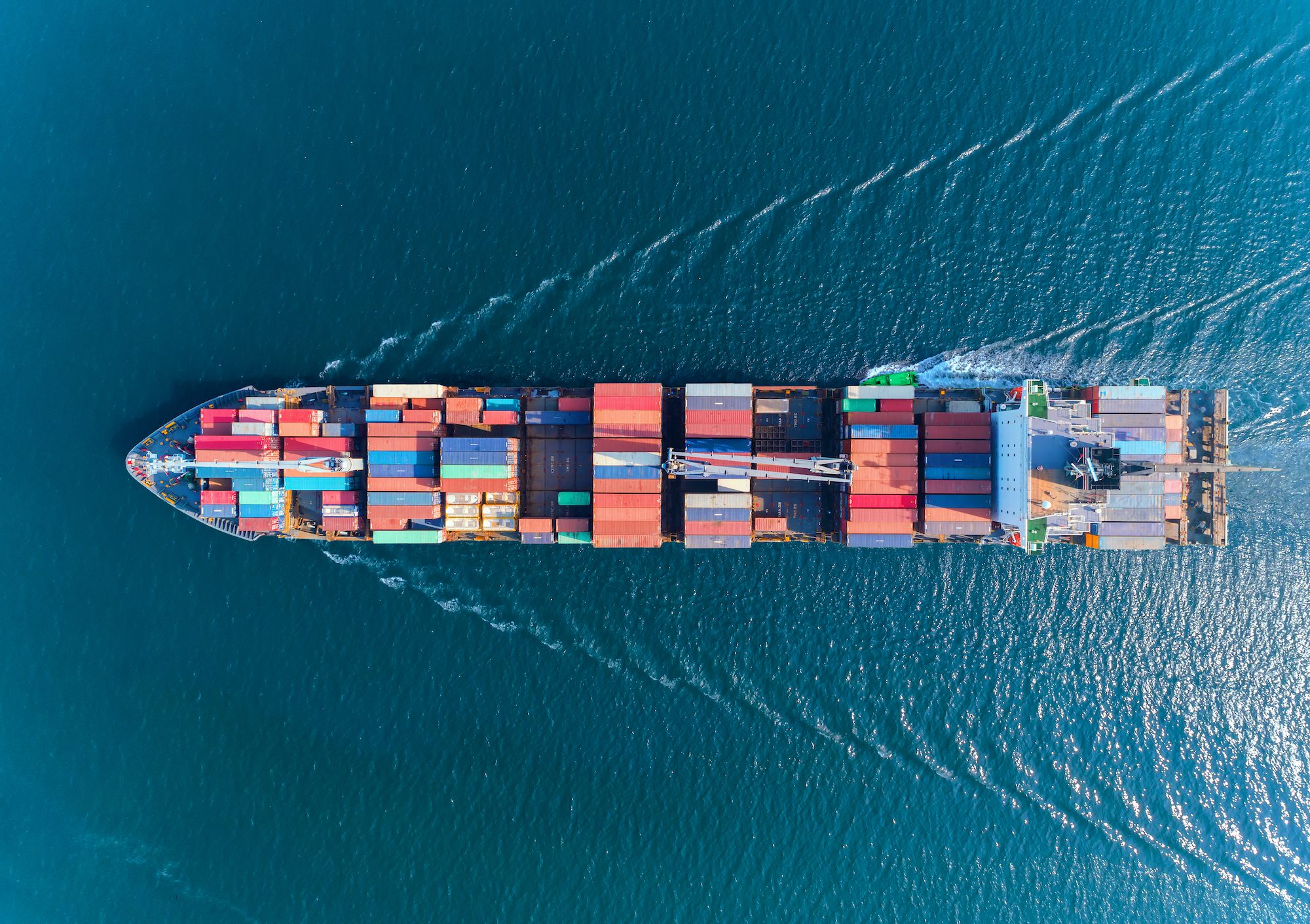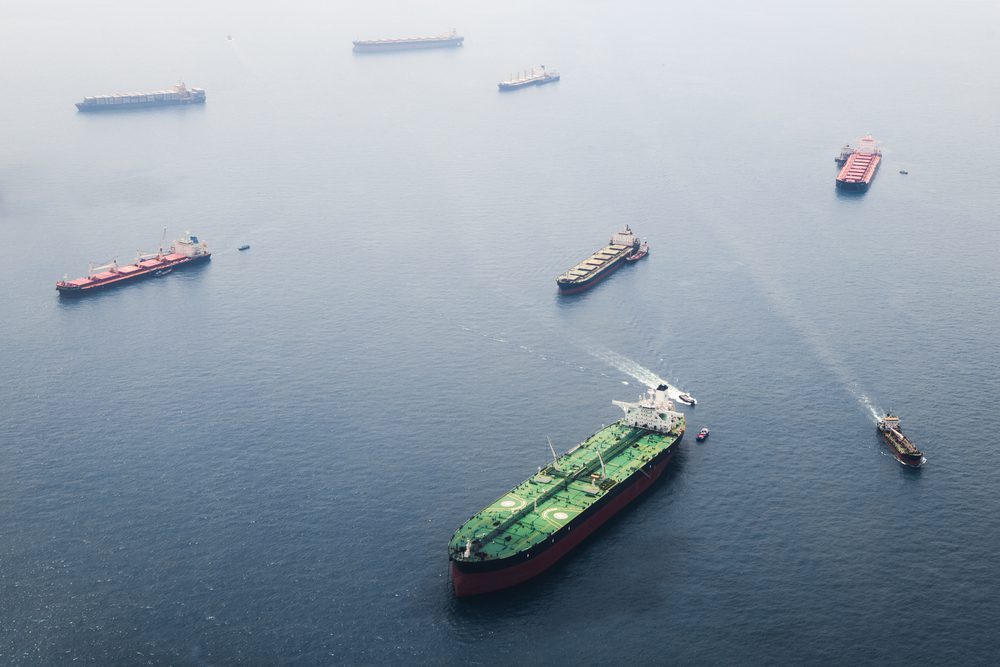The Baltic and International Maritime Council is expediting development of a standard industry clause to address contractual uncertainties arising from China’s imposition of special port fees on U.S.-related vessels calling at Chinese ports.
“Recognising the urgent need for contractual clarity, the BIMCO Documentary Committee has prioritised the drafting of a time charter party clause to assist the shipping industry in navigating these developments,” the organization stated. A subcommittee has been formed and work has started in earnest under an expedited procedure.
The move comes as both countries have implemented mirror-image fee structures targeting each other’s maritime interests. On October 14, the United States Trade Representative imposed service fees on certain Chinese-built vessels, vessels with Chinese owners or operators, and foreign-built vehicle carriers calling at U.S. ports. The fees were originally announced in April as part of a broader strategy to address concerns over national security, supply chain resilience, and the competitive landscape of global shipping.
The U.S. fee structure includes $50 per net ton for vessels owned or operated by a Chinese entity, and the higher of either $18 per net ton or $120 per container for non-Chinese operators of Chinese-built vessels. Following modifications on October 10, foreign-built vehicle carriers or roll-on/roll-off vessels face a fee of $46 per net ton. These fees are imposed on a vessel no more than five times per year.
China responded with its own retaliatory measures announced on October 10, by the Ministry of Transport, implementing special port fees on American-linked vessels that took effect on October 14. The foundation for China’s response was laid on September 28 when Premier Li Qiang signed State Council Decree No. 817, revising the Regulations of the People’s Republic of China on International Maritime Transport.
The amendments introduce a new clause empowering the State Council to impose countermeasures against any country enacting “discriminatory prohibitions, restrictions, or similar measures on Chinese vessels, operators, or crew.” These countermeasures include levying special fees on offending vessels at Chinese ports, restricting or banning their entry, limiting access to maritime data and information, and curtailing business opportunities in China’s logistics sector.
The imposition of new port fees may trigger a need to review and potentially renegotiate existing charter party agreements and other commercial contracts. “Parties should assess if current contractual terms allocate responsibility for newly imposed governmental charges, such as the USTR port fees, or whether such costs fall outside the scope of existing clauses,” according to legal guidance from maritime law firm Holland & Knight.
BIMCO had previously published a USTR clause for time charter parties in July 2025, designed to address uncertainties arising from U.S. trade restrictions and to clarify the allocation of risk and responsibility between owners and charterers. The risk of disputes over cost allocation is heightened where contracts are silent or ambiguous regarding regulatory changes of this nature.
Shipping companies face robust compliance requirements under the new regulatory framework. U.S. Customs and Border Protection has stated that fees must be paid before entering port and that vessel owners, not the agency, are responsible for establishing if the fees apply. “The burden for determining if a vessel owes the fee is on the operator, NOT CBP,” according to CBP guidance.
The U.S. actions stem from a Section 301 investigation concluded in May 2025, which accused China of unfair practices in maritime, logistics, and shipbuilding sectors. The fees are set to escalate in coming years, with rates increasing to $59 per net ton on April 17, 2026, $72 in 2027, and $85 in 2028.
The tit-for-tat measures underscore a deepening regulatory divide that could reshape global supply chains, inflate shipping costs, and strain international trade relations.

 Join The Club
Join The Club











